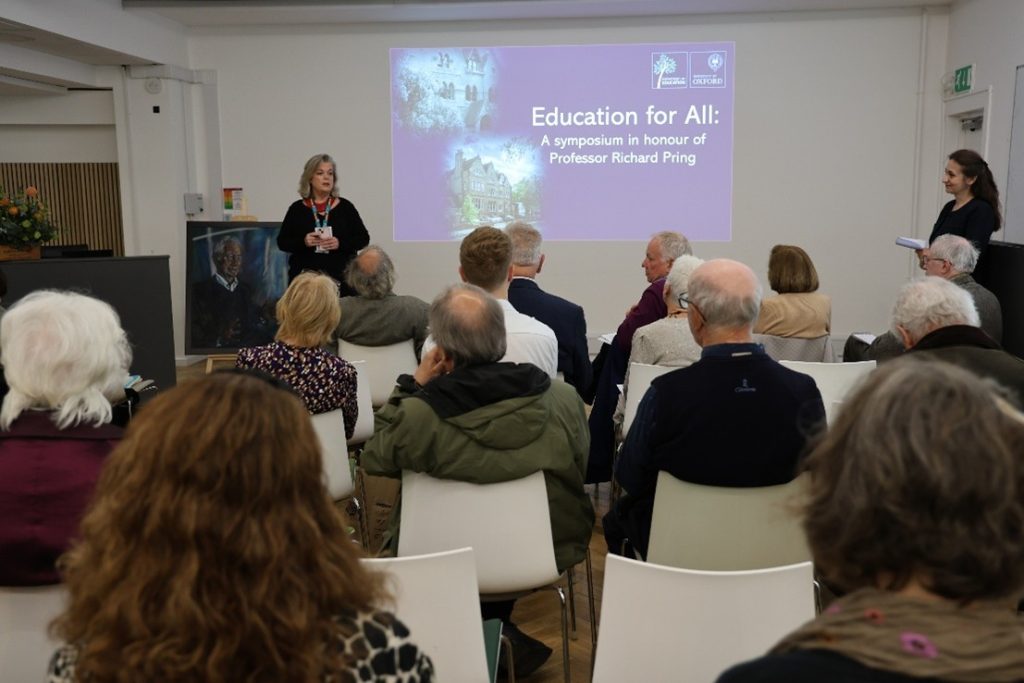Children of ethnic minority groups are over-represented for some types of Special Educational Needs (SEN) and under-represented for other types, compared to White British pupils, according to new departmental research. The report finds that:
- Asian pupils (Indian, Pakistani, Bangladeshi and Other Asian) are half as likely to be identified with Autistic Spectrum Disorders (ASD) as White British pupils
- Black Caribbean and Mixed White & Black Caribbean pupils are twice as likely to be identified with Social, Emotional and Mental Health (SEMH) needs as White British pupils.
The report, conducted by Professor Steve Strand at the Department of Education at Oxford, looks at all school aged children aged 5-16 who have been identified with different types of SEN in England. While similar research has been conducted in the US, it is the first time a study with this detail has been done in the UK.
With ethnic minority groups now accounting for one-third (30%) of school aged pupils in England, the issue is particularly pertinent.
The project involved a comprehensive analysis of the England National Pupil Database to identify ethnic disproportionality in the identification of SEN throughout the period 2005 – 2016. The findings show the patterns of ethnic disproportionality described above are substantial and have been consistent for over a decade.
The study also considered whether socio-economic factors such as poverty and neighbourhood deprivation, or children’s early attainment / development on-entry to school, had any impact on their being found to have SEN.
Steve Strand, Professor of Education at Oxford and Principal Investigator on the work, said: “While ethnic disproportionality for some special needs, like Moderate Learning Difficulties (MLD), can be accounted for by socio-economic background and early attainment / development on entry to school, this research indicates that neither factor explains the ethnic disproportionality in the identification of ASD or SEMH.
The upshot is that some Asian pupils may not be receiving the access to specialist resources and support they need with autistic spectrum disorders, while some Black Caribbean children may be suffering an inappropriate or narrowed curriculum from unwarranted over-identification of social, emotional and mental health needs, particularly in secondary school”.
The report argues lower awareness of autism, of parent’s rights, linguistic barriers to access, and cultural variation in social attitudes to disability have a role in the under-identification of Asian pupils with autism. School policies or factors play very little role. However variation between schools is more influential in the over-representation of Black Caribbean and Mixed White & Black Caribbean students for SEMH, particularly in the secondary phase and in high poverty schools, which may reflect different contexts, such as high crime rates or gang culture, or variation in school disciplinary strategies.
The project has also published reports for each of the 150 Local Authorities (LA) in England, identifying rates of ethnic over and under-identification in each LA. While differences between LA’s were not a substantial driver of disproportionality they did exist. For example, Black Caribbean pupils were less likely than White British pupils to be identified with SEMH in Newham, but three times more likely among pupils in Kensington & Chelsea.
André Imich, SEND Professional Adviser at the Department for Education, said “We expect these reports to be useful to Local Authorities in considering issues of ethnic disproportionality and SEN provision in their local areas”.
The full research report, an executive summary, and the Local Authority reports can all be viewed and downloaded from here.
This research was funded by the Department for Education (DFE) through their highlight to the Economic and Social Research Council (ESRC) Secondary Data Analysis Initiative (SDAI). Grant Number ES/P000991/1.
Celebrating 100 years of the Department of Education
In 2019, the University of Oxford’s Department of Education celebrates the 100th year since the passing of a statute creating what was known in 1919 as the University Department for the Training of Teachers. To celebrate our centenary a year-long series of activities will be delivered to address some of the department’s top initiatives for 2019, answer some of the big questions facing education today and to reveal the advancements the department has made to the study of and research in the field of education. Join us as we mark our 100th year and discover more about our anniversary here.
If you have an interest in the future of education and would like to receive research updates from the Department of Education, join our mailing list.










